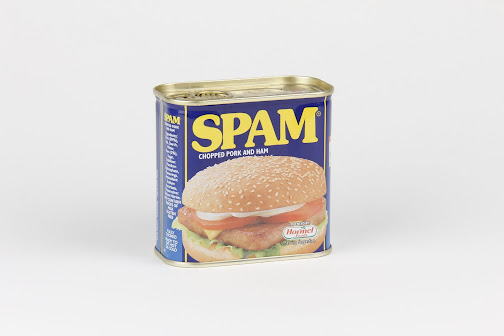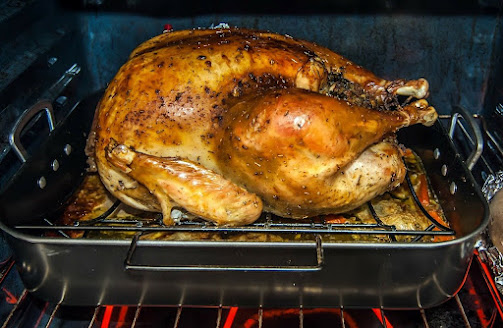Try as you might, it’s not always possible to prepare all your meals. No one has the time or energy to spend hours preparing dishes packed with nutrients.
It’s also not easy sticking with a diet plan when you’re busy rushing from one meeting to the next. Sometimes, it’s just easier to grab food on the go. But the problem is that fast food isn’t always healthy food.
Because we know how important your health is, we rounded up some practical tips to help you make healthy food choices on the go.
Let’s get started.
Be Honest with Yourself
As with any new habit or lifestyle change, the first thing you have to do is be honest with yourself about a few things. Have an open, serious conversation about what your schedule is like and assess your busiest days.
These will probably be when you don't have time to prepare healthy meals. Thus, you’ll need to prepare a couple beforehand, so you can just grab them and go.
Another thing you have to be honest about is the types of food you eat. Luckily, we now live in a time when almost any food can be healthy.
Craving a burger? Try a veggie burger or use lettuce instead of patties. Need some chocolate in your life? Grab a bar of dark chocolate for your sweet tooth and a nice boost of antioxidants as well.
Understanding your likes and dislikes can go a long way in helping you make healthy food choices on the go.
Get the Right Tools
Making healthy food choices isn’t just about knowing what to buy at the grocery store. It’s also about getting suitable tools and materials to help make the process easier.
For example, two great buys are to-go boxes, such as microwave-safe bento and lunch boxes. Simply fill them up the night before. Then, just grab them from the fridge, pop them in your bag, and you’re set for the day.
For batch cooking, consider investing in a Dutch oven, Instant Pot, or crockpot. Each of these cookware is guaranteed to make meal prep quick and hassle-free. You just add the ingredients, set the timer, and leave it to their thing.
Think Ahead
Why not take a couple of hours out of your weekend to organize a meal schedule for the busy week ahead? You can go old school and use a pen and paper.
Or you can take advantage of today’s technology and download one of the many meal-planning apps available. These apps help you schedule meals, prepare shopping lists, and even help you manage your budget.
Other benefits of using a meal-planning app include the following:
- Focus only on the items on your grocery list, so you only buy what you need
- Suggest new and fun recipe ideas
- No more stressing over what you’ll eat or how much time it’ll take you
- Calculate how much carbs, fat, proteins, and other nutrients you’re consuming each day
- Know your total caloric intake for the day
Choose Wisely
It’s hard choosing healthy foods when you’re eating out or passing through a drive-thru. However, the good news is that now almost every fast-food place has a handful of healthy food options to choose from.
Thanks to the growing demand for healthier food choices, fast-food chains have amended many of their items. Some have even added brand-new ones that are all about being healthy.
In the meantime, try these tips:
- Pick the smaller portion sizes
- Opt for a side salad instead of fries
- Choose the grilled chicken instead of fried chicken or a beef burger
- Order water, diet soda, or unsweetened coffee or tea
Be a Smart Snacker
Sometimes we’re just so swamped with work that we don't have time to eat. So, we go to the vending machine and get a bag of chips or a bar of chocolate with a bazillion calories.
Sure, it’ll satiate you for about 15 minutes. But then, because they’re also loaded with carbs, your blood sugar levels will take a nose dive. Soon, you won’t be able to focus on your work, and you’ll be dying to take a nap.
To avoid putting yourself through all that, learn how to snack smart. This means choosing snacks that keep you feeling full for hours without all the loaded carbs, sodium, and fat.
Below is a list of some nutritious snacks you need to have in your bag at all times. From the sweet to the savor, these yummy snacks will ensure you always make healthy food choices.
- Trail mix
- Nuts like almonds, cashews, peanuts, and walnuts
- Chopped vegetables with a side of salsa or hummus
- Cut-up or whole fruit
- Rice cakes and granola
- Frozen yogurt
- Sugar-free protein bars












